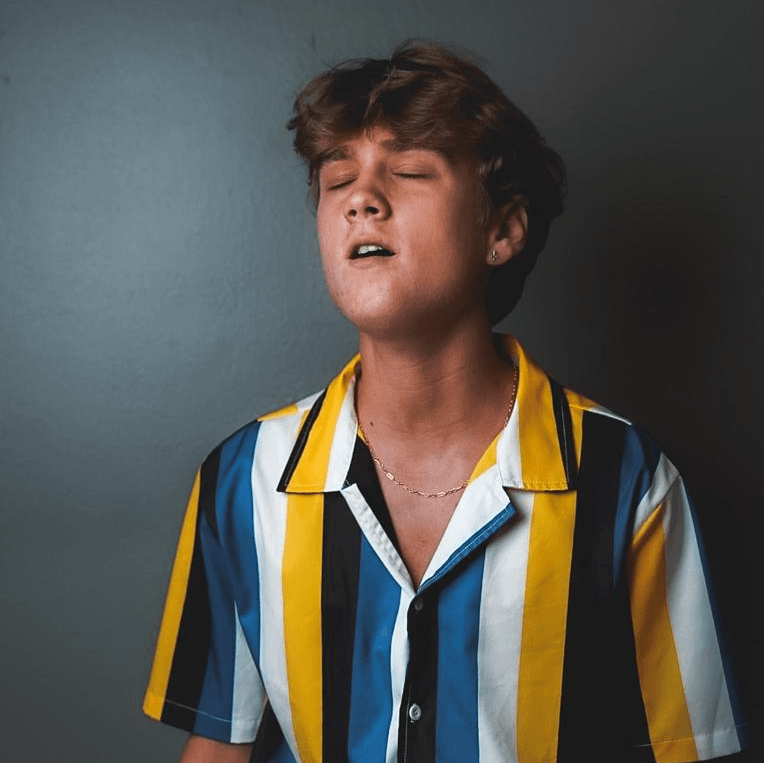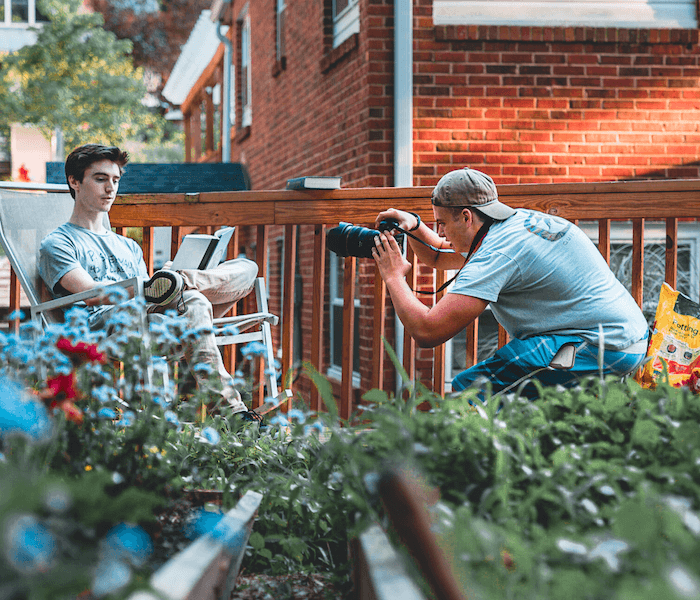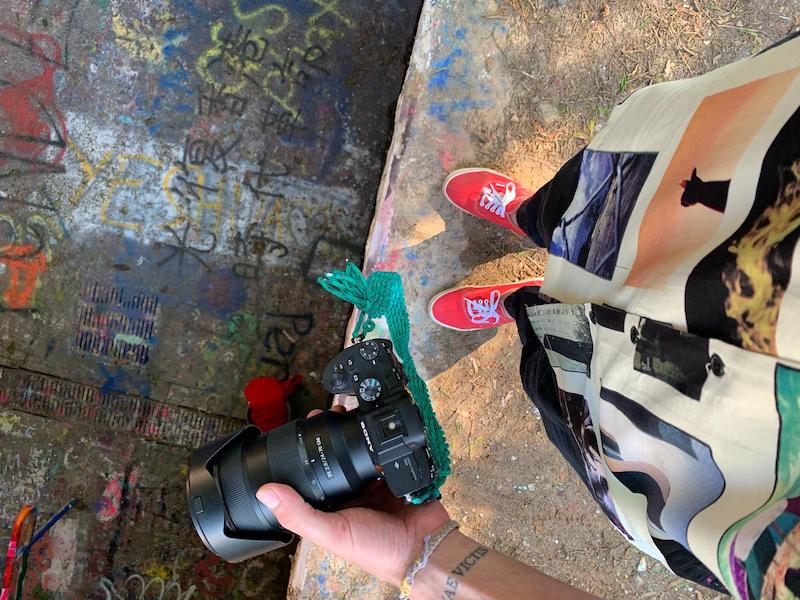
A sad fact of substance use disorder is how it robs the sufferer of so much joy. Hobbies that once seemed to drive the sufferer fall quickly to the wayside. Often, intoxication is so mingled with activities and hobbies that people in recovery wonder whether they will ever be able to enjoy anything, much less branch into new areas.
In our Transitional Living program, we’ve learned that a bored and disinterested resident typically doesn’t thrive in recovery. With that in mind, our Passion Projects initiative is working hard to facilitate our clients positive aspirations, and nowhere is that more evident than with our more musically-inclined residents.
Music plays an important role in our everyday lives, and so it naturally is ever present in our program. Whether music is playing in the van on the way to a 12-step meeting, is a part of a programmed activity, or one of the residents is selecting their favorite lofi mix for study hall, there’s always some sort of soundtrack unfolding on our campus. For some of our residents, listening to music isn’t enough. They feel a drive to create it.
Spearheading one of our first Passion Projects were two residents with a talent for hip-hop. At first just close friends with similar music tastes, they turned what was initially a fun pastime into something much more. Program Facilitator Caleb Barnhart saw the dynamic these two residents were achieving and knew it could motivate them further.
“Recovery is both essential and fantastic for these guys, but it’s not something they can just talk about 24/7,” says Caleb. “I saw how excited and inventive these guys got while making music, and knew it was something we could use to push them in the right direction.”
Hooking the guys up with studio time and pragmatic goals to reach in exchange for meeting programming expectations turned out to be exactly the type of incentive they needed. Now independently living in the city of Raleigh, we’re happy to report that this artistic endeavor and the friendship that supports it continues.
A newer resident, Jack, is not someone who initially considered treatment as someplace to have fun. But when Jack heard about the Passion Projects initiative, he found himself feeling excited because he did have a passion he wanted to pursue. Jack reached out to Caleb and asked if Green Hill would be willing to connect him with a vocal coach to assist him with singing training. Of course, we were thrilled to do that.
Jack values his vocal lessons not only for the instruction, but the time it offers him to reflect. “Practicing singing helps me disconnect from whatever stressful environment I find myself in,” says Jack. “When I practice my passion, I feel like it’s aiding my mental and spiritual health. I like the lessons because they provide an outside connection, and my teacher is someone fantastic to talk to.”
In addition to providing a healthy outlet, Jack believes his vocal lessons have helped him become more invested in his recovery, feel more balanced, and able to identify more with other people in recovery, including other residents. Jack and one of our other residents, Garrett, have begun collaborating musically, Garrett playing guitar while Jack handles vocals. And now Garrett is taking vocal lessons himself and is loving it.
This is one of the greatest possible outcomes of a Passion Project, two residents from very different worlds now share a passion to reflect and build on.

Most recovery solutions rely on one overarching principle: Success cannot be achieved alone. People in recovery must help each other, build a community, and foster healthy meaningful relationships. Our music-inspired Passion Projects are a great example of this happening in real time.
In both of these stories, we saw clients bond with someone else in early recovery and collectively focus on a passion that was not only healthy, but had depth and weight. These motivated young men have now reignited a lost passion, and decided to make it a foundational part of their new life in sobriety.







